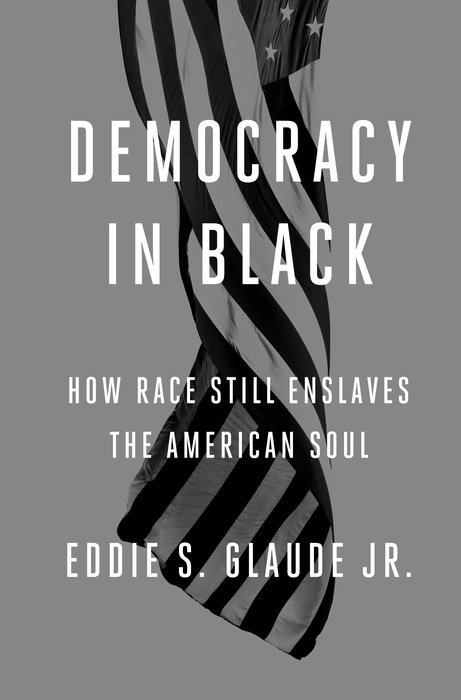The Professors vs. The President: Has Obama Done Enough for African-Americans?Posted in Articles, Barack Obama, Literary/Artistic Criticism, Media Archive, Politics/Public Policy, United States on 2016-03-01 15:53Z by Steven |
The Professors vs. The President: Has Obama Done Enough for African-Americans?
NBC News
2016-02-28
Perry Bacon Jr., Senior Political Reporter
Michael Eric Dyson and Eddie Glaude Jr., two well-respected black intellectuals and professors, make the same argument in books they have released over the last month: President Obama hasn’t done enough on policy to help fellow African-Americans and regularly uses rhetoric that is overly critical of blacks.
“Obama energetically peppers his words to blacks with talk of responsibility in one public scolding after another,” Dyson writes in The Black Presidency. “When Obama upbraids black folk while barely mentioning the flaws of white Americans, he leaves the impression that race is the concern solely of black people, and that blackness is full of pathology.”
“Obama’s reprimands of black folk also undercuts their moral standing,” he adds.
Glaude, in Democracy in Black, argues that under Obama, “black communities have been devastated.”
“And Obama’s most publicized initiative in the face of all of this, even as the spate of racial incidents pressured him to be more forthright about this issue, has been My Brother’s Keeper, a public-private partnership to address the crisis of young men and boys of color—A Band-Aid for a gunshot wound,” writes Glaude.
These books, released as Obama’s tenure nears its end, are the most comprehensive versions of a case against the president’s leadership style that a number of prominent black intellectuals have made….
Read the entire article here.
